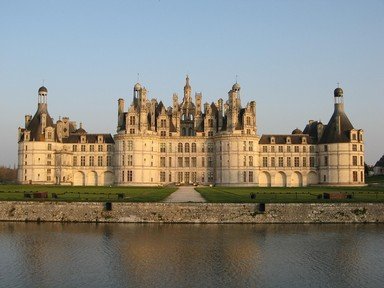Quiz Answer Key and Fun Facts
1. Philip's family gained a lot of prestige from his grandfather Louis IX of France. What was Louis admired for?
2. Philip was not seen as the future king of France when he was born. Why?
3. Philip's mother died young and his father Philip III remarried to Marie of Brabant. What role did Marie play during Philip IV's reign?
4. What was Philip's nickname?
5. What was Philip's relationship with his wife, Queen Jeanne I of Navarre, like?
6. France lost a major battle against Flemish civic militias in 1302. What was this battle called?
7. The ruler of a distant land proposed an alliance to Philip against a common enemy. Philip was interested and there were diplomatic missions sent back and forth. Ultimately, the alliance didn't materialize. Where was this ruler from?
8. Philip is probably best known for initiating the destruction of the Knights Templar, but he also dealt a devastating blow to another group of people. Who were they?
9. Four of Philip and Jeanne's children survived to adulthood. What did they NOT have in common?
10. In 1307, Philip moved against the Knights Templar. Many of them were arrested, tortured and their confessions were used as proof for heresy. According to legend, what was the revenge of Jacques de Moley, the Grand Master of the Temple?
Source: Author
Petronilla3
This quiz was reviewed by FunTrivia editor
gtho4 before going online.
Any errors found in FunTrivia content are routinely corrected through our feedback system.
